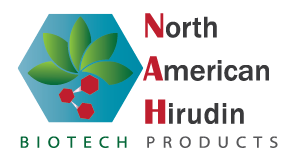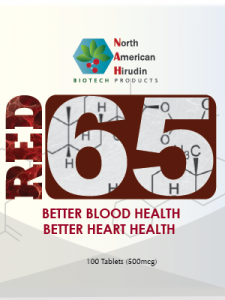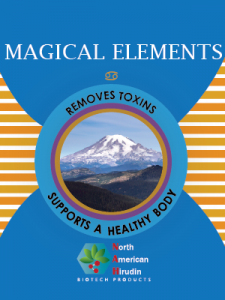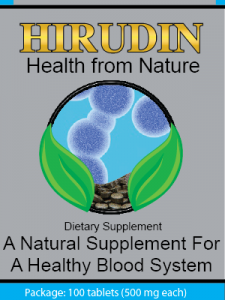Simply preparing food can introduce toxins into your food – non-stick cookware is lined with a non-stick chemical that leaches a small amount into your food with each prepared meal. Plastics leach chemicals into our water and food from water bottles, containers and baggies. But even if we take precautions in how we prepare the food, there are still toxins in the food itself that can make us sick.
Milk is chock full of hormones and antibiotics injected into the cow to increase production. Fruits and vegetables can be coated with chemical pesticides, some of which can actually get into the fruit itself depending on how porous the skin of the food is. Processed foods contain many chemicals and additives, some of which do not occur naturally in nature. Some naturally occurring substances like gluten and soy have unhealthy side effects. Refined oils used in the cooking of foods are missing most of the beneficial fatty acids necessary to our bodies that our bodies can’t produce.
Milk – Dairy is supposed to supply calcium to our bodies to balance the acid in our blood. But, pasteurization cuts the amount of calcium in milk in half, destroys the enzymes in the milk that aid in calcium absorption, making our bodies more acidic than the amount of calcium we get through milk would neutralize. Most dairy-rich nations in the world are seeing an increase in osteoporosis.
Pesticides – Fruit and vegetables are coated with what is considered “safe” amounts of insecticide residue. Different countries have different levels they consider safe, but the only safely consumed pesticide is “no” pesticide. Pesticides have been known to cause symptoms like muscle cramps, heart rate changes, irritability and emotional instability Washing fruits and vegetables when you get home is the only way to reduce the pesticides on the outside of the food. A properly equipped and healthy body can handle the remaining toxins.
Processed foods – Among the many additives and preservatives added to food for packaging, transportation and preservation is MSG, monosodium glutamate. MSG is considered an excitotoxin. Excitotoxins like glutamate are neurotransmitters that damage or kill nerve cells in the central nervous system by excessive stimulation. Excitotoxins are the culprits in many other neurodegenerative diseases of the central nervous system like ALS, multiple sclerosis, Alzheimer’s disease, Parkinson’s disease, and Huntington’s disease. Scientists use large doses of MSG to create lesions on the hypothalamus of lab rats and mice to induce them to become obese.
Gluten – This protein found in most grains (including wheat, barley, rye, and oats) was first introduced to the human diet in Europe in the Middle Ages, causing 30% of European descendents to carry the genes for celiac disease, a hyper-sensitivity to gluten. Selective breeding has transformed American wheat to become a super-gluten producer.
Soy – Soy is associated with affecting the normal function of the thyroid and hormones. The main problem is overconsumption of soy. Less than 30mg of naturally occurring soy per day is considered safe. Soy supplements and the isoflavones being added to some food products are a danger to the thyroid.
Refined oils – Omega-6 and Omega-3 fatty acids provide energy and satiety, regulate cholesterol, improve dry skin and eyes, boost the immune system, carry important fat-soluble vitamins (A, D, E and K) and relieve pain and arthritis. They are essential for healthy hormone balance and are a must for nourishing the brain. Refined oils have none of these fatty acids.
Best ways to reduce toxins in your food:
- Choose whole foods instead of processed foods.
- Choose organic fruits and vegetables (grown without harmful pesticides and the soil is more mineral rich.)
- Always clean your fruit and produce before cooking or consuming it.
Avoid dairy products, gluten and soy whenever possible.







